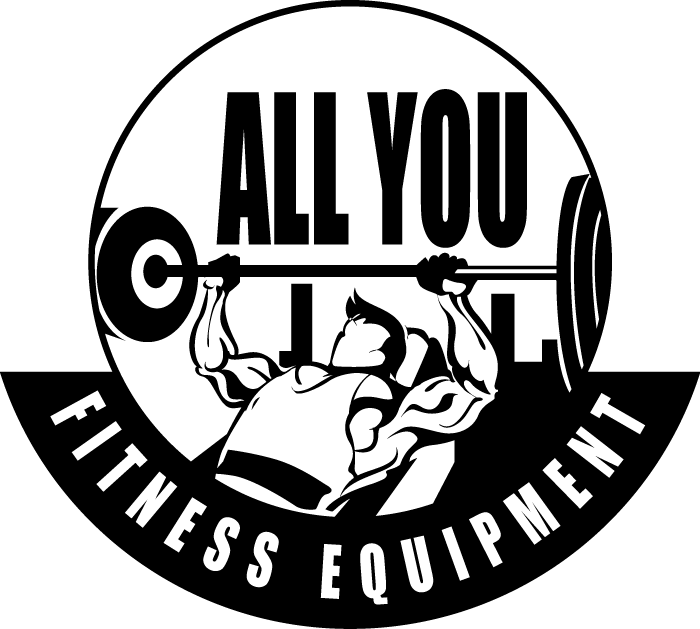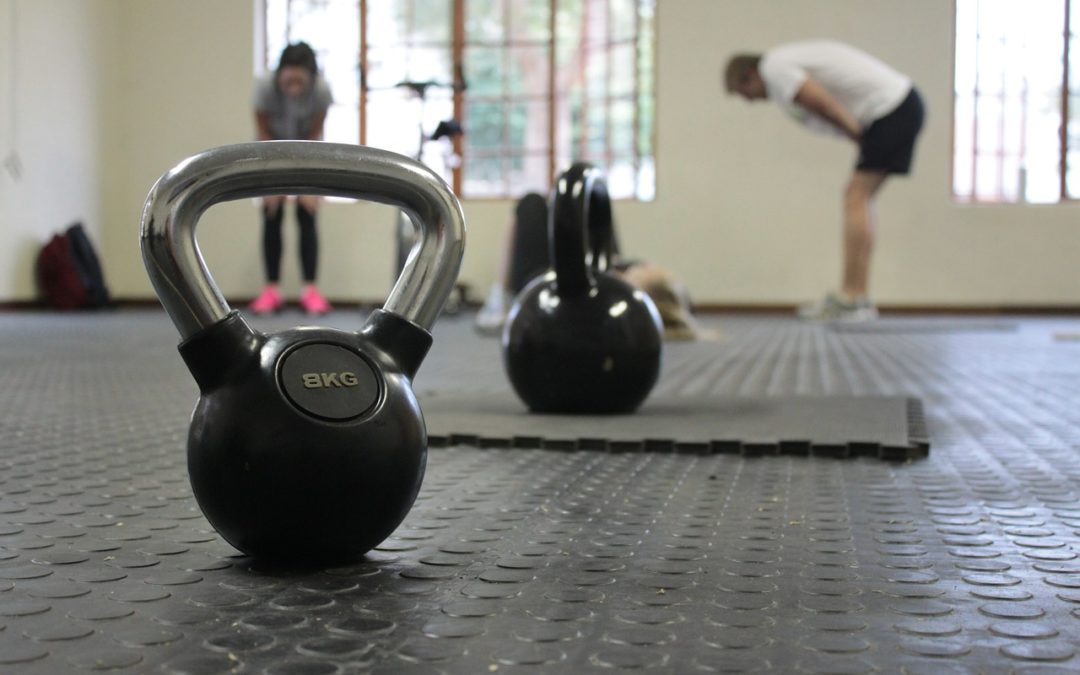When you hear the term cardio, do you sometimes imagine sweat dripping off your forehead whilst jogging on the treadmill?
Cardiovascular exercise, also known as aerobic exercise, typically means that you are doing an activity”with oxygen.”
This type of exercise such as:
Using large muscle groups, such as your thighs or upper body
Demands respiration or controlled breathing increases your heart rate and keeps it in an aerobic area for a set amount of time.
Typical forms of cardio include walking, running, swimming, biking, and fitness classes. Furthermore, cardio machines may incorporate a rower, elliptical, stair climber, upright or recumbent bike, and treadmill.
While cardio does burn calories and assist in weight loss, putting in together with at least two to three days a week of strength training workouts can increase the rate at which you eliminate weight.
The amount of cardio you will need to lose weight often time depends on various factors such as your current weightdiet, daily activity level, and age.
Cardio For Weight Loss
To shed weight, you want to create a calorie deficit. The amount of calories you eat needs to be less than the amount of calories that you burn. How much depends upon the amount of exercise you are willing to perform over the span of a week.
If you’re not sure how to create a deficit or you need help fulfilling your goals, think about using a calorie counting app. These trackers give you an opportunity to enter your daily food intake and physical activity throughout the day, which enables you to check your current calories in/calories out equation.
According to the U.S. Department of Health and Human Services Trusted Source, you should get at least 150 to 300 minutes of moderate-intensity exercise or 75 to 150 minutes a week of vigorous-intensity aerobic exercise each week to determine substantial changes.
In addition, you should also perform strength-training activities that involve all major muscle groups at least two days each week.
If you want to lose one pound each week, you need to create a 3,500-calorie deficit, which means you need to burn 3,500 more calories than you consume in one week.
Main Factors that Affect How Fast You Burn Calories
Prior to embarking on a weight loss journey with cardio exercise, it is crucial to understand that there are specific factors that affect how fast you burn calories, and consequently, how fast you shed weight.
Age. The older you are, the less amount of calories you can expect to burn off.
Body composition. If you have a greater amount of muscle mass, you are going to burn more calories during exercise than someone that has a higher percentage of fat.
Intensity of workout. Usually, the more intense the exercise, the more calories you’ll burn in one session.
Gender. Men burn calories faster than women.
Overall daily activity. The more sedentary you are during the day, the fewer overall calories you’ll burn.
Weight. The greater your weight loss, the more calories you will burn.

